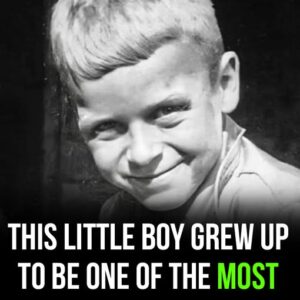On August 11, 2014, the world was shaken by the news of Robin Williams’ untimely death at the age of 63. Known for his incredible talent and versatility, Williams was a cherished actor and comedian whose work left an indelible mark on Hollywood and beyond.
Williams was discovered dead in his home in Tiburon, California. The cause of death was later confirmed to be suicide by asphyxiation. The sudden and heartbreaking loss of such a vibrant personality stunned fans and the entertainment industry alike.
A Storied Career
Robin Williams’ career spanned nearly four decades, during which he brought to life a wide array of memorable characters. He first gained widespread fame with his role as the quirky alien Mork in the television series “Mork & Mindy” (1978-1982). His film career took off with standout performances in movies like “Good Morning, Vietnam” (1987), “Dead Poets Society” (1989), “Mrs. Doubtfire” (1993), and “Good Will Hunting” (1997), for which he won an Academy Award for Best Supporting Actor.
Williams was equally adept at dramatic roles and comedy, captivating audiences with his extraordinary range and emotional depth. His ability to improvise and deliver rapid-fire humor made him a beloved figure in stand-up comedy as well.
Struggles Behind the Laughter
Despite his on-screen success and seemingly boundless energy, Williams struggled with personal demons throughout his life. He battled addiction to drugs and alcohol in the late 1970s and early 1980s, a struggle he openly discussed in interviews. After a relapse in 2003, Williams sought treatment and maintained sobriety for the remainder of his life.
In the years leading up to his death, Williams faced additional health challenges. He was diagnosed with early-stage Parkinson’s disease, a condition he had not publicly disclosed. Following his death, it was revealed that he had been suffering from Lewy body dementia, a debilitating and often misunderstood brain disease that likely contributed to his severe depression and anxiety.
A Wake-Up Call for Mental Health Awareness
Robin Williams’ death brought mental health issues to the forefront of public discourse. It served as a stark reminder that even those who bring immense joy to others can struggle profoundly with their own mental health. His passing underscored the importance of seeking help and support for mental health conditions, sparking conversations about depression, anxiety, and the impact of neurodegenerative diseases.
Remembering a Legend
The outpouring of grief and tributes that followed Williams’ death reflected the profound impact he had on people around the world. Fans, friends, and colleagues remembered him not only for his incredible talent but also for his kindness, generosity, and compassionate spirit.
Williams’ legacy lives on through his extensive body of work, which continues to entertain and inspire. His ability to connect with audiences on a deep emotional level, whether through laughter or tears, remains unparalleled. As we remember Robin Williams, we celebrate the joy he brought to so many and acknowledge the importance of compassion and support for those facing their own battles.
In the words of his beloved character, the Genie from “Aladdin”: “You’re free.”





